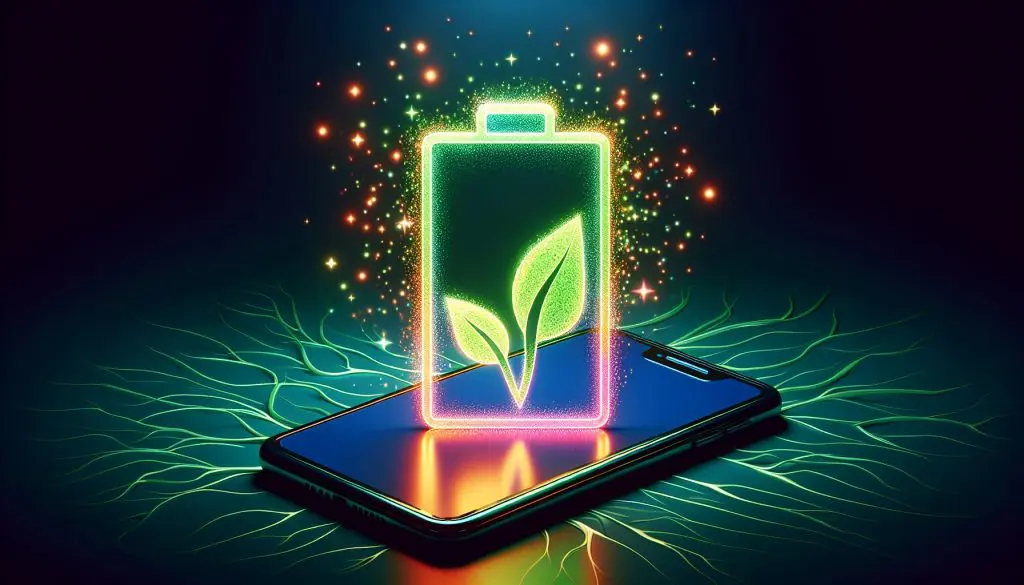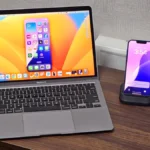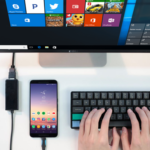My Mobile power-conserved experiences are a significant strain when running browsers, which are among the most resource-intensive applications.

Browsers continuously perform tasks such as processing web pages, executing scripts, and displaying multimedia content—these activities use up power resources. Opting for a more efficient browser results in less demand on your CPU and RAM; resulting in extended battery life.
Having experimented with several alternatives, I discovered that Microsoft Edge strikes the optimal equilibrium in terms of both capability and energy conservation.
Microsoft Edge is an Excellent Option for Improved Productivity
For those seeking to optimize battery life while maintaining high performance, Microsoft Edge is noteworthy. Its Sleeping Tabs attribute diminishes CPU usage and liberates memory which ultimately results in reduced power consumption.
One important aspect of Edge is its efficiency mode, which customizes browser performance according to the battery level of your laptop.
Doing so helps conserve battery power and enables longer use of your device without having to charge it frequently.
Microsoft is behind the development of Edge, which explains why it performs seamlessly on laptops running (Microsoft Windows).
Although Opera has a beneficial battery-saving mode, Edge’s reliable power-saving performance makes it the superior option for everyday use.
Comparing Microsoft Edge to Other Browsers
Chromium serves as the foundation for Edge, which is an open-source web browser project backing Google Chrome. Nevertheless, Edge distinguishes itself through various enhancements that boost its energy efficiency.
Sleeping Tabs is a distinctive attribute that enhances Edge’s productivity as it automatically puts dormant tabs to sleep. During lengthy work stints, I find this feature particularly beneficial when juggling numerous open tabs simultaneously.
Chrome is known to use a lot of system resources, while Edge’s more efficient approach means your laptop won’t have to exert itself as much.
As a result, the device stays cooler and has better battery life. Although Firefox has made improvements, it still can’t quite match Edge’s efficiency when handling tasks such as streaming or managing multiple tabs.
Microsoft Edge’s Efficiency Mode provides significant battery savings for Windows devices – giving it an advantage over both Chrome and Firefox.
According to older GitHub tests, Edge also outperforms its competitors in terms of power efficiency.
Another browser worth mentioning is Opera, which extends battery life significantly with its built-in battery-saver mode.
However, unlike Edge which automatically activates the feature, you need to manually enable Opera’s efficiency by turning on the battery save mode.
Conclusion
While Mobile power conserved efficiency may not be the top consideration when selecting a browser, it can have a significant impact on laptops.
I rely on Edge as my preferred browser during travel or situations where conserving battery life is crucial due to its efficient performance and energy-saving capabilities.
If you haven’t already tried it out, give Edge a chance! You might just experience some notable gains in efficiency.





